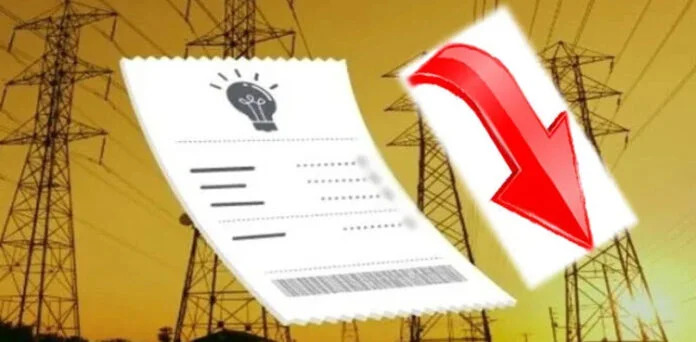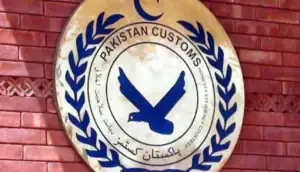Islamabad, 15 May, 2025: The Drop in Power Tariffs has had a direct impact on nearly 18 million low-usage domestic consumers, defined as those using under 200 units monthly.
According to the minister, this group experienced a significant 57% decrease in electricity prices part of a broader policy to support lower and middle-income families. With roughly 39 million total power users nationwide, this relief covers nearly half the population.
Industries have also seen considerable benefit. Electricity costs for the industrial sector dropped by 31%, triggering a marked increase in energy demand especially in Faisalabad, where industrial usage reportedly grew by 35%. Leghari attributed this growth to better policy planning and implementation.
READ MORE: Govt to Slash Electricity Tariffs Soon, Says Power Minister
Reforms in Agricultural Energy Supply
For the agricultural sector, Leghari explained that the government had shifted from providing direct subsidies to a more transparent fuel price adjustment model.
This approach, approved by the Prime Minister, has led to a 20% reduction in electricity rates for farmers. He noted that past subsidies ranging from Rs. 50 to 60 billion are now being replaced by cost-based adjustments.
The Drop in Power Tariffs was also made possible through strategic agreements worth Rs. 3.5 trillion with Independent Power Producers (IPPs), enabling adjustments that include lowered petroleum levies and efficiency-based pricing models.
Vision for Affordable Energy
Looking ahead, the energy minister expressed confidence that Pakistan could soon deliver some of the region’s most competitively priced electricity, proposing a unit cost between Rs. 21 to 22 without relying on government subsidies.
READ MORE: Significant Cut in Base Power Tariff Unlikely for FY2025–26
In response to additional queries, he confirmed that middle-class households using between 200 and 400 units monthly are also benefiting with tariff cuts of 20% and 14% respectively.
The minister dismissed accusations of regional bias, stating that the federal government had held multiple consultations with the Khyber Pakhtunkhwa leadership to address billing inefficiencies and power theft, though meaningful progress remains slow.
The government continues its efforts to ensure consistent energy supply, especially in high-loss zones, and promised that all power outages comply with NEPRA’s regulatory framework.









